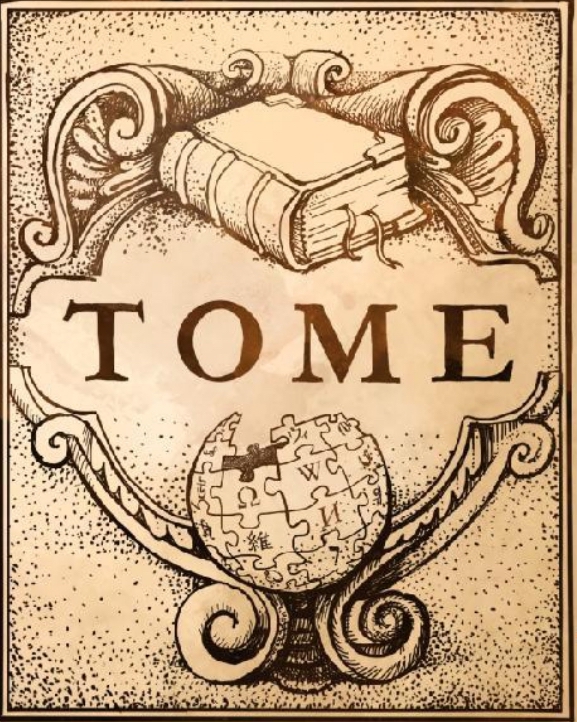We introduce a pilot study of the early modern encyclopaedism from the perspective of evolutionary study of cognitive metaphors, or evolutionary metaphorology.
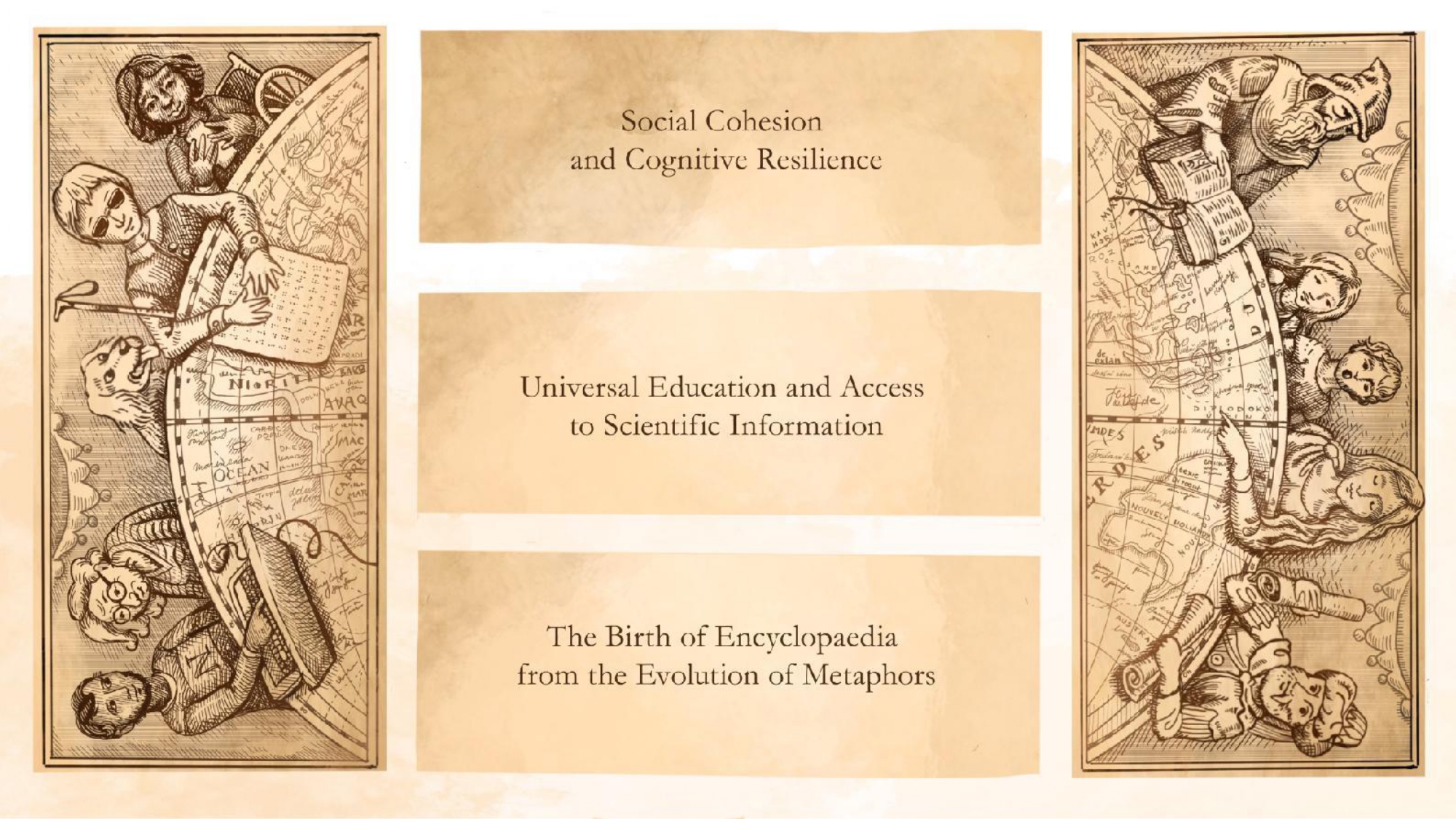
AI-enhanced and data-driven intellectual history
In the similar way as J. A. Comenius (1592-1670) wished to spread all knowledge to all people, using every possible means, TOME takes advantage of the current state of knowledge, communication tools, and computational methods to valorise our understanding of encyclopaedism.
Interdisciplinarity
We combine intellectual history, history of knowledge, Neo-Latin philology, and computational expertise.
Digitising
We use Transkribus with human supervision to create and make user-friendly access to a representative digital corpus of early modern alchemy and Paracelsianism.
Computation
We leverage up-to-date computational approaches and introduce a fusion of close and distant reading.
“The project is pioneering, as it creates a real connection in a completely unique way between the aspirations of early modern encyclopaedism and the most current problems of today, which concerns the concentration of universal knowledge, especially cognitive metaphors. The research of encyclopaedism can therefore provide convincing clues and arguments for our knowledge today. It shows how the universal metaphors that represent universal knowledge work, are formed, and evolve, further shaping the community’s thinking about universal knowledge.”
Peer-review, ERC 2022 Starting Grant competition, Step 2.
Watch, Read, Listen
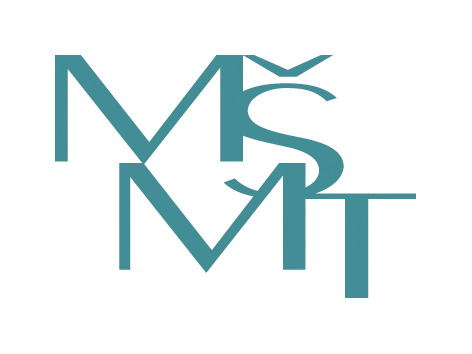

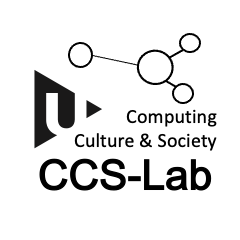
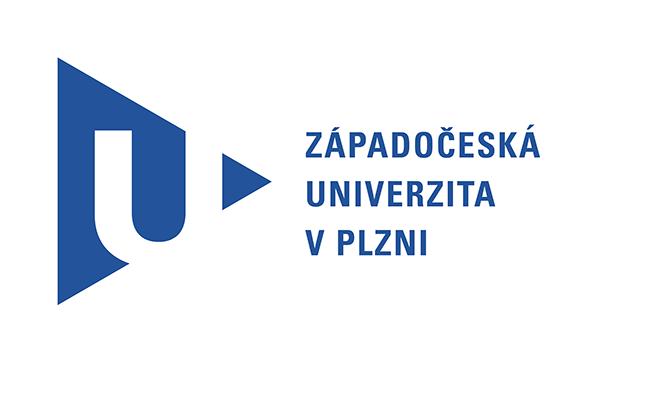
The TOME project is financed (2023-2025) by the Ministry of Education, Youth and Sports of the Czech Republic, funding scheme ERC CZ, grant no. LL 2320.
